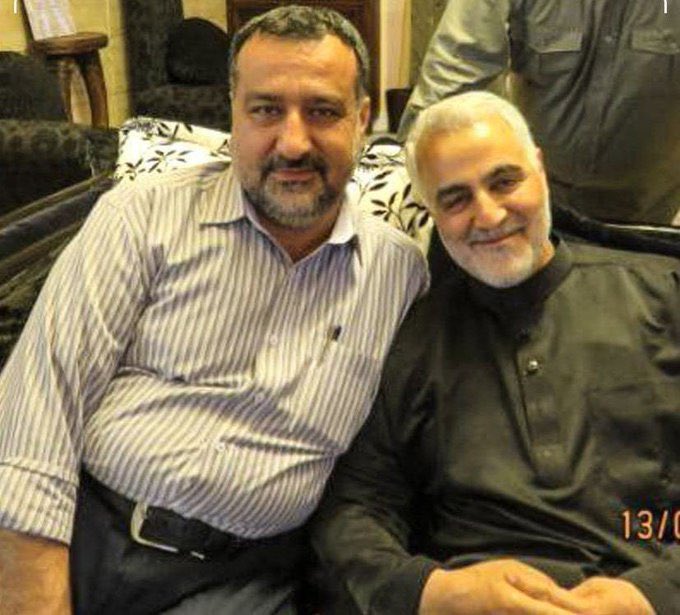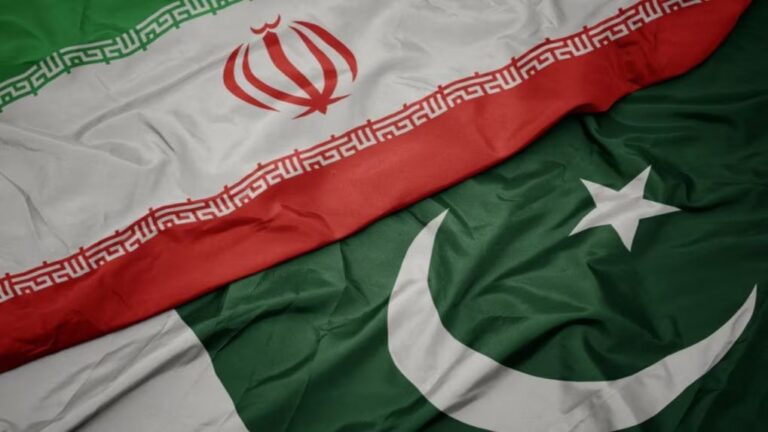After last week’s tit-for-tat missile attacks, Pakistan and Iran have moved quickly to de-escalate tensions. At the invitation of Pakistan’s Foreign Minister Jalil Abbas Jilani, his Iranian counterpart Hossein Amir Abdollahian will undertake a visit to Pakistan on January 29.[i]
However, damage has been done to the bilateral ties. Pakistan and Iran do have friendly relations but also beneath the surface there exists tensions because of long-standing blame game about the support of certain terrorist groups in each other’s border regions. On the one hand, Pakistan alleges that Baloch terrorist groups like the Balochistan Liberation Front (BLF) and Balochistan Liberation Army (BLA), find refuge across the border in Iran. On the other hand, Iran accused Pakistan of harboring Sunni terrorist groups like the Jaish al-Adl. Both have also tried to downplay the terrorist threats in the past. [ii]
Pakistan’s reaction was expected as it has been devastated by terrorism in recent years. The military leadership is committed to tackling the problem head on. More importantly, the Pakistan military, which is now in absolute command of the country, wanted to function as both responsible and tough in protecting the country’s security. Therefore, it acted swiftly in retaliation to Iran’s attack as some terrorism within Pakistan is linked to Iran. In other words, the military command had no option but to function as it did. In 2023, Pakistan witnessed 1,524 violence-related fatalities and 1463 injuries from as many as 789 terror attacks and counter-terror operations.[iii]
According to the Annual Security Report released by Centre for Research and Security Studies (CRSS) released last month includes one thousand fatalities among civilians and security forces personnel. The overall fatalities including those of outlaws mark a record 6-year high, exceeding the 2018 level and highest since 2017. Moreover, Pakistan saw a surge in violence for the third consecutive year with an uptick recorded each year beginning from 2021. [iv]
Why did Iran strike Pakistan? It was primarily domestic political compulsions which forced the Iranian regime to function as it did. The very recent killing of Brigadier General Sayyed Razi Mousavi was in Syria and the bombings which devastated a memorial for General Qassim Suleimani, that killed one hundred people, forced the regime to take revenge.

More on this story: Iran will react or not after the killing of its general in Syria
The Iranian strike in Pakistan was not alone, it followed strikes in Iraq and Syria earlier. These Iranian strikes are a display of Iran’s military power and resolve to not only Israel, the USA, and its allies but also Irani’s own regional proxies such as the Hezbollah in Lebanon, Palestinian Islamic Jihad in Gaza, and militias in Syria and Iraq and the Houthis in Yemen. Thus, the Iranian strike against Pakistan must be understood in the greater context of the Middle East situation and the tensions spring forth from the Gaza-Israel war. Undoubtedly, Iran and Pakistan want to swiftly return to friendly relations and their carefully handled border situations. Both desperately want to manage the crisis resulting from last week’s tit-for-tat attacks. Most probably, they will succeed in doing so as all regional powers want to stabilize the tense situation. China will now facilitate a reproachment between Iran and Pakistan.
Wars often have unintended consequences, and the Israel-Gaza war is no exception. It will spill over sooner than later as Iran will surely react again, though not against Pakistan. Iran must somehow save face and act against Israel and the US though not directly but in an indirect manner. Iranian support for its regional proxies will continue unabated. Iran will never directly confront either the US or Israel as its leadership is wise enough to avoid its own collapse in that eventuality. The implications of the Iranian strikes are that greater conflict in the Middle East emanating from the Israel-Gaza war cannot be contained and can spill out eventually in unforeseen circumstances Although all countries in the region and beyond are trying to avert a regional escalation leading to a larger war, complex regional linkages will lead to further conflict in various manners. The Middle East region will see more instability in the future. The only way to stabilize the region is by ending the Israel-Gaza war and to swiftly move on the path of the universally agreed two-state solution leading to an independent Palestine. However, there is no evidence that such a path is achievable. Given the reluctance of both Israel and the US, a two-state solution is not happening at all. Thus, the deacdes old Palestinian-Israeli conflict will persist causing the entire Middle East region to be further embroiled in persistent conflict, turmoil, and instability to the detriment of world peace.
[i] “ Pakistan, Iran envoys to return by Jan 26: FO”, The News, January 24, 2024, https://www.thenews.com.pk/latest/1150306-pakistan-iran-envoys-to-return-by-jan-26-fo Kamran Yousaf, “Pakistan, Iran announce return of ambassadors Iran FM to visit Pakistan on Jan 29”, Express Tribune, January 22, 2024, https://tribune.com.pk/story/2454052/pakistan-iran-announce-return-of-ambassadors
[ii] Kamran Yousaf, “Pakistan, Iran working discreetly to prevent future border crisis,” Express Tribune, January 21,2024, https://tribune.com.pk/story/2453974/pakistan-iran-working-discreetly-to-prevent-future-border-crisis
[iii] Three varsities in Islamabad ‘closed for indefinite period amid security concerns’, Ahmed Subhan, January 22, 2024https://www.thenews.com.pk/latest/1150275-three-varsities-in-islamabad-closed-for-indefinite-period-amid-security-concerns
[iv] Ibid




